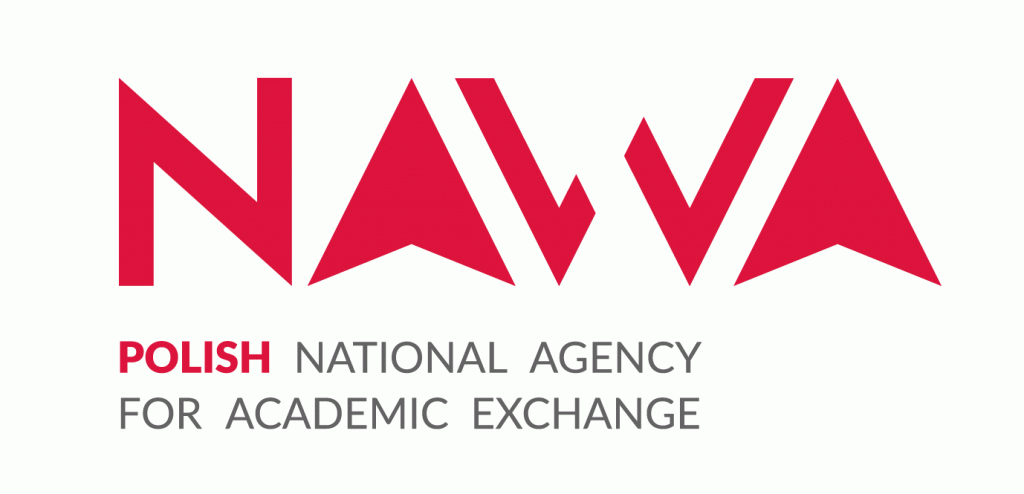Childhood and hormones. Congenital adrenal hyperplasia: social science perspective
Congenital adrenal hyperplasia (hereinafter CAH) is a rare genetic disease, in which the production of cortisol in adrenal glands is impaired, what in turn leads to the increase of ACTH secretion and increased androgen production in adrenal cortex. The most frequent form of CAH is due to 21-hydroxylase deficiency and is characterized by abnormal genital development with variable levels of virilization in females and normal genitalia in males in association with glucocorticoid insufficiency with salt-wasting when aldosterone deficiency is present. The excess of androgens accelerates growth velocity and bone maturation leading to premature puberty and reduced adult height. The basic treatment in majority of patients is to substitute hydrocortisone and mineralocorticoids for the whole life, with increasing the doses in special conditions. Like in many chronic illness the adherence of patient is dependent on the quality of their knowledge about the disease.
CAH basically is a medical condition, potentially life-threatening. However could be considered also as a condition of multidimensional experience of the body and language, influenced by the action of hormones and social expectations, as well as fears and uncertainty of the future.
CAH provokes questions about the biological (hormonal) and social grounds of behavior, about the way in which nature and nurture contribute to development, and as a result, it touches upon some of the most significant debates in anthropology. Beyond the challenge to binary gender systems, the experience of CAH can serve as a lens through which we observe tensions related to trust, autonomy (including child’s autonomy), and the distribution of responsibility in the context of local healthscapes.
This is an interdisciplinary project, integrating social sciences (anthropology) and medicine (pediatric endocrinology).
Specific objectives
Anthropological description of CAH as a biological and social phenomenon.
Investigation of the cultural role of hormones (including cortisol, androgens, aldosterone, testosterone).
Describing experiences of parents of children with CAH related to gender and the need to submit to biomedical regimes.
Studying experiences of people with CAH and their families in the context of biomedicine, social services, and health politics in Poland and different countries.
Identification of communication strategies in parent-doctor relations.
Describing the knowledge production and distribution processes.
Examining Polish specific of CAH, including the role of patient and support and advocacy groups organizations.
Analysis of ethical issues related to treat people with CAH and caring out ethnographic research among them.
Investigators: Magdalena Radkowska-Walkowicz, University of Warsaw (PI)
Anna Kucharska, Medical University of Warsaw
The project obtained a positive review from the University of Warsaw Committee for the Ethics of Research Involving Human Participants regarding the compliance of a research project with ethical principles.
Funding:
University of Warsaw (New Ideas Programme, Excellence Initiative – Research University), National Agency for Academic Exchange: The Bekker NAWA Programme. As part of the Programme Magdalena Radkowska-Walkowicz was carrying out a project at the Centre for Biomedicine, Self and Society at the University of Edinburgh.
